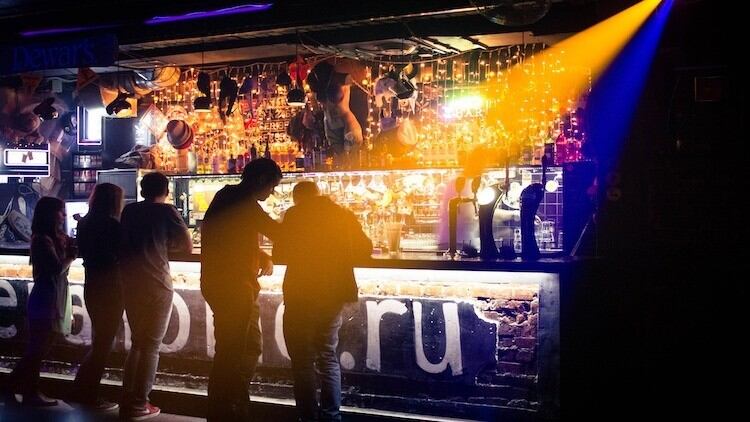A survey of 198 NTIA members in England, Scotland and Wales has found that costs have increased by an average of 26% in the past year.
Night time economy businesses will also be hit by further pressures, including the increase in employers’ National Insurance contributions of 1.25 percentage points, a National Living Wage increase to £9.50 per hour, the return to the 20% rate of VAT, and propose changes to alcohol duty punishing higher abv products such as spirits, which are more common in the late night venues.
Michael Kill, NTIA CEO, says that most businesses will be forced to pass these cost increases on to consumers or face going bust, which will add to wider inflationary pressures and see consumers paying considerably more for a night out in the future.
“It is unfortunately the case that when you see enormous cost increases of the kind we have felt in our sector, for the vast majority of businesses there is little else they can do other than pass these on to consumers. Sadly, what this will mean is people’s well-earned nights out being made considerably more expensive, just when they are themselves struggling with their own cost of living and trying to decide which monthly expenses they can do without,” says Kill.
“We are still running into severe economic headwinds, and April threatens to be a perfect storm for the sector. I would now even at this late stage urge the Chancellor to postpone all the tax increases – on national insurance, VAT and business rates – to give some perfectly viable night time economy businesses a fighting chance of survival.”
The survey also reveals that the NTE is sector still feeling the effects of the pandemic, with businesses on average operating at 68.9% of their pre-pandemic trading levels.
“These statistics show just how bleak things remain for our sector. I think there is a temptation to think that, because it feels as if the pandemic restrictions are now behind us, that nightlife will just snap back to its pre-pandemic strength and everything will be fine,” adds Kill.

